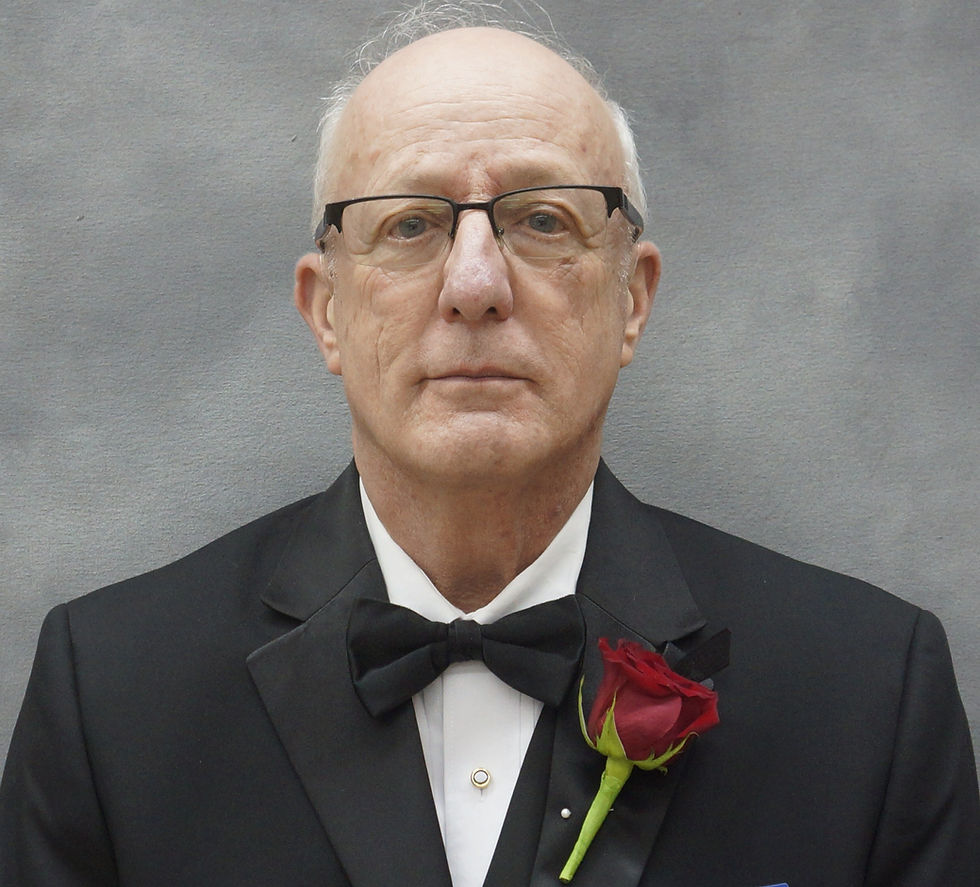From the East
- Ron Katz, PM

- Apr 1, 2024
- 3 min read
By Andrew Hawes —Master

I was standing in line at the bank the other day and the man at the window was taking a long time, performing several transactions with the sole teller that was available. There were three more of us standing and waiting for our turn, and when the man at the window started his third transaction, the third man in line, just behind me, started complaining and calling him names, because he was taking so long. When he did this, the man in front of me turned to him and said that he shouldn’t say such things, and the angry man turned his ire on that man instead, swearing at him and being, in general, belligerent. The man at the window finished up, and his defender turned to me as he headed up to the window, and said “make sure you take as long as possible!”
This whole experience was one that made me sad.
Why do we get angry at other people, even if they do nothing wrong and are in fact doing what we ourselves are waiting to do, just because they are inconveniencing us? While I agreed that it was inappropriate to curse at someone and call them names because they were taking “too long,” my mental solidarity with the man in front of me crumbled when he suggested to me that we should attempt to punish the rude man by taking as long as possible at the window. Passive aggression… is still aggression. Why would rudeness be solved with more rudeness? We cannot solve the problems in the world by contributing to them. While all this was taking place, I stood quietly, and when it was my turn, I offered to the angry man to step in front of me if he wanted to go first. Surprising me, he politely declined, and even offered some pleasantries while waiting for me to finish at the window, and as I walked away. I think his expressed hostility earlier was frustration over his needing to wait, when already running late for another appointment – something we can all relate to – and it was not his intent to be rude, it was just that he did not think or care about the fact that voicing those frustrations at his situation in the way he did would be rude and offensive to others.
I’m sharing this with you all to make some points, of course. The first is that we should always consider carefully what we say, how we say it, and to whom, before we speak. When we offer criticism of others, even if we feel it is justified it should be direct, and constructive. If someone has upset you with something they do or say – speak directly to that person, and explain to them why and how you were upset. Perhaps they never considered that their words or deeds might offend others. Masons are men amongst whom hypocrisy and deceit should be unknown – we should all make an effort to adhere to this, speaking as frankly and openly as possible, especially with each other.
Strive to lead by example, and try to set the example of what we want to see others emulate. Whether we think other people can hear us or not, whether we are alone or in a group- act as you would have others act. Do as you would have others do. Treat others as you, yourself, want to be treated. Practice what you preach, and hopefully it will become habit, and require no thought or effort on your part. Perhaps it might even influence others to act and speak as you do. . . but even if it does not, we are Masons.
We have, each one of us, been charged to act as just and upright men, and we should always strive to do so.




Comments